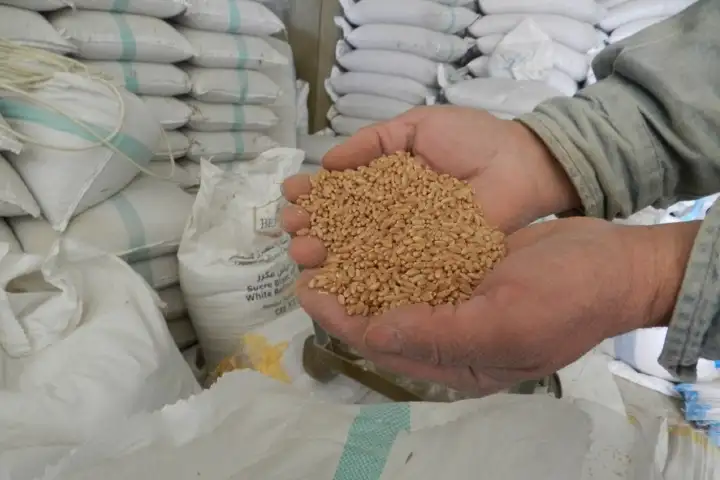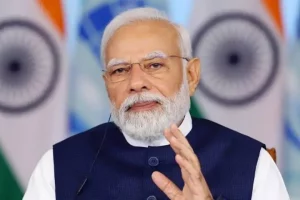Amid rising concerns over food security, India’s sudden decision to ban wheat exports have further pushed global prices of the grain. India’s decision to impose a ban was driven by its own domestic supply issues and rising prices.
Global wheat prices have increased by more than 40 per cent this year, driven by the Russia-Ukraine war.
While India’s decision to ban wheat exports has been criticised by the G7 nations, China has come up in New Delhi’s support.
Beijing based state owned news organisation Global Times said that blaming India will not solve the food problem.
"Now, the agriculture ministers from G7 urge India not to ban wheat exports, then why won't G7 nations themselves move to stabilise food market supply by hiking their exports?" an editorial published by the newspaper asked.
"Although India is the second-largest wheat producer in the world, it accounts for only a small part of global wheat exports. By contrast, some developed economies, including the US, Canada, the EU and Australia, are among major exporters of wheat," it added.
While India banned exports of wheat, it said it will honour the letters of credit that have been already issued and requests from countries trying "to meet their food security needs".
India exported a record 7.85 million tonnes of wheat in 2021-22. The government earlier said that the exporters were ready to increase their supplies amid rising concerns over food security as the Russia-Ukraine crisis deepens. In April, India exported 1.4 million tonnes of the grain and contracts for outbound shipment of another 1.5 million tonnes for May have already been signed.
The Russia-Ukraine war has choked vital supply chains globally.
Almost 70 per cent of wheat is used as food, while the rest is used as feed for livestock and industrial processing.
Also read: Will the Russia-Ukraine war trigger mass hunger on a global scale?



















